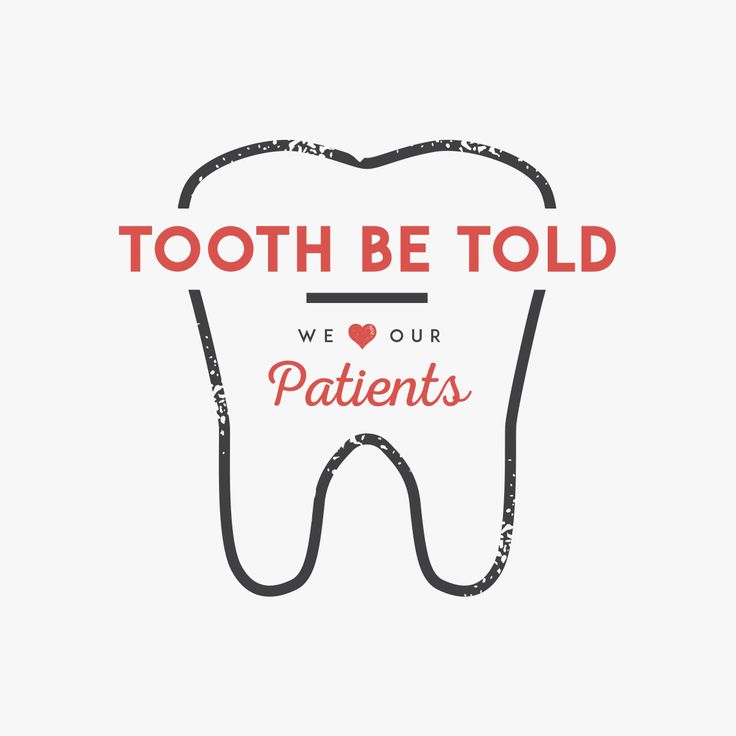
If you have pain in your neck and/or jaw, experience a clicking or popping nose when you open and close your mouth, or maybe just limited range of motion in your jaw, you may have temporomandibular joint disorder (TMJ). #smilewithconfidence This disorder is said to effect close to 10 million people in the United States. Using a NTI device or a night guard for TMJ treatment is very common, but it’s important to explore all your options.
A night guard will fit over your teeth and you wear it while you sleep. These are proven to help people who grind their teeth, however, the effectiveness of guards as treatment for TMJ have not been shown to provide significant pain relief. Of course, speak with your dentist to see if a night guard or NTI device may help you. Queen Creek AZ Dental Care
Sometimes we need to try treatments that take a “less is more” approach and protect your natural bite. #martindental For example, if a night guard is used for treatment, it should be done for just a short period of time. You do not want a guard affecting or changing your natural bite.
Treating TMJ at home is possible. Your dentist may decide a night guard for TMJ is not the right call for you, so here are some alternative treatments: Queen Creek AZ Dental Care
- Practice relaxation and light stretching techniques to help decrease tension in your jaw.
- Avoid sharp movements with your jaw
- Try an ice pack to decrease inflammation
- Change your diet: try softer foods that will require less chewing power
